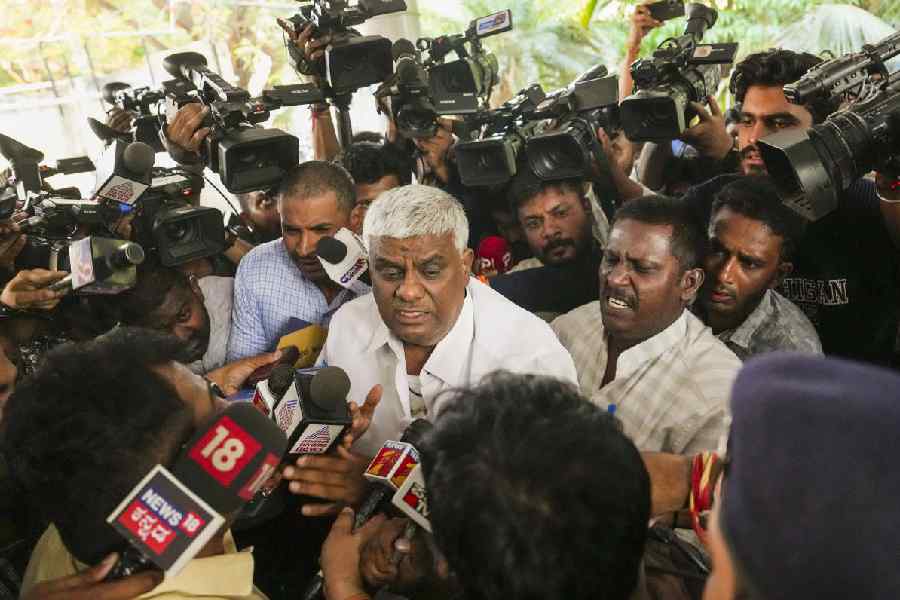The zest for reading has declined to a great extent. This is indisputably true. However, this issue engenders another debate that concerns the mode of reading. Lovers of physical copies of books prioritise this format and ascribe profound benefits to it. They consider other modes of reading to be inferior and even cite them as a contributing factor to the decline in reading. But what they often fail to clarify is how the experience of reading a physical book differs from that of reading a book in any other form.
Everything — culture, ideas, habits — revolves around and changes with time. Old traditions are not always durable. There has been a paradigm shift in each of these spheres. One of the reasons for this change has been technology’s ability to make inroads into modern life. Technological evolution has thus given the modern reader multiple formats and gadgets — e-books, tablets, Kindle — to choose from when it comes to reading.
Those who love the digital book find many advantages in it. They argue that the gadgets are convenient to carry; they are capacious in terms of storage; e-books, the argument continues, are far more economical than their physical counterparts and so on.
Data are bearing out these changes. Studies by the Pew Research Center found an uptick in the share of Americans reading e-books — from 25% to 30%; the share of the readers of the printed book remained unchanged. Similarly, according to a report published by Statista, an online platform specialising in data-gathering, India's e-book market is experiencing a surge in demand as consumers embrace digital reading. It also claims that the number of readers in the e-books market is expected to reach 133.3 million by 2027. Considering this steep rise in e-reading, the National Book Trust, an apex body established by the Government of India tasked with promoting books and reading, has also entered the space of digital publishing and launched e-books. The increasing popularity of digital reading prompted the ministry of education to launch the National Digital Library of India in 2018. This was an effort to provide free access to students, researchers, and readers to the repository of resources from national and international digital libraries. It has been well-received by consumers and is considered to be a huge success.
By demeaning the blessings of technology in the field of reading and access to knowledge, we may end up demotivating others. Instead of pushing for reading either physical books or their digital counterparts, we must lay stress on the act of reading itself. We must inspire and encourage people to read irrespective of the mode of reading or the format of books. The objective must not be to possess — fetishise — an elegant book, an aesthetic bookshelf, a refined personal library at home, or a trendy gadget. Accessing books, absorbing their content, and assimilating useful information should, instead, be our aim. The purpose of reading should thus be met regardless of the mode chosen by the reader.
In the din of the debate between the value of physical books and their digital avatars, one must ensure that the progressive constituency triumphs over the one dominated by the Luddites.










